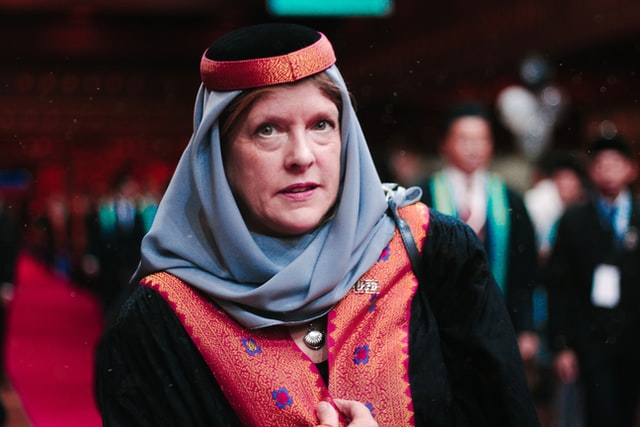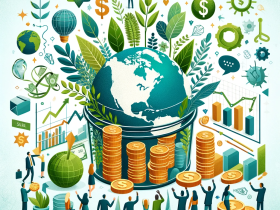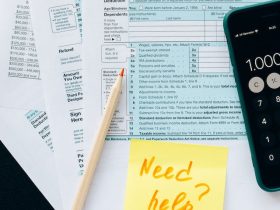Brunei is a small wealthy economy of Southeast Asia. This country is independent of the United Kingdom on January 1, 1984. Brunei enjoys the second highest Human Development Index among the Southeast Asian countries after Singapore.
The population of 3, 88, 190 out of which 92.7& population is literate, and long life of 75.74 years is expected at the time of birth. the government provides medical services and free education at the university level and also subsidizes rice and housing.
The nominal total GDP of Brunei is $19,430 billion and the GDP per capita is $50,100 and it ranks 9th in the world. The share of agriculture production in the total GDP is 0.7%. The major agricultural products are rice, vegetables, fruits, chickens, water buffaloes, cattle, goats, and eggs. The contribution of industries to the total GDP is 74.1%. The major industries are petroleum and petroleum refining, liquefied natural gas, and construction. The service sector contributes 25.3% to the total GDP.

International Trade in Brunei – Import and Export Details
The currency Brunei Dollar. On May 17, 2010, one Brunei Dollar is equal to 0.722387 US dollars. The total international trade of Brunei is $13.28 billion. The share of exports from total international trade is $10.67 billion. The commodities exported are crude oil, natural gas, and garments. Crude oil and natural gas form 50% of the total GDP of Brunei and share more than 90% of total exports; Brunei Shell Petroleum is the major oil and gas producer and exporter. The major export partners of Brunei are Japan – 40.4%, Indonesia – 21.4%, South Korea – 15.3%, and Australia – 10%.
The share of imports out of the total international trade of Brunei is $2.61 billion. The major commodities imported are machinery and transport equipment, manufactured goods, food, and chemicals. The government is taking steps to be self-dependent in food and agriculture. The major import partners of Brunei are Singapore – 36.3%, Malaysia – 18.9%, Japan – 7.6%, China – 5.4%, Thailand – 5%, the US – 4.7%, and the UK – 4.7%.
Recent Economic Developments
Brunei’s leaders are concerned about the effect of increasing economic integration with the outside world on their society. Asia Pacific Economic Cooperation Forum in 2000. Brunei’s economy has seen a rapid decrease in its economic growth in the last decade. The dependence on petroleum oil exports has made the economy unstable.
Thus, the leaders are now encouraging foreign investments in various sectors alongside protecting the society from any kind of foreign influence. Brunei is also a member of Asia Pacific Economic Cooperation (APEC), the Association of Southeast Asian Nations (ASEAN), and the World Trade Organization (WTO).
Recently, a new policy stated that the new enterprises that meet certain criteria can receive pioneer status, which will exempt them from taxes on profits for the first five years. This can be seen as a sign of Brunei’s increasing involvement in international trade and open economic policies in the future. The government of Brunei is also trying to diversify the economy through agriculture, fisheries, and tourism.…











Leave a Reply